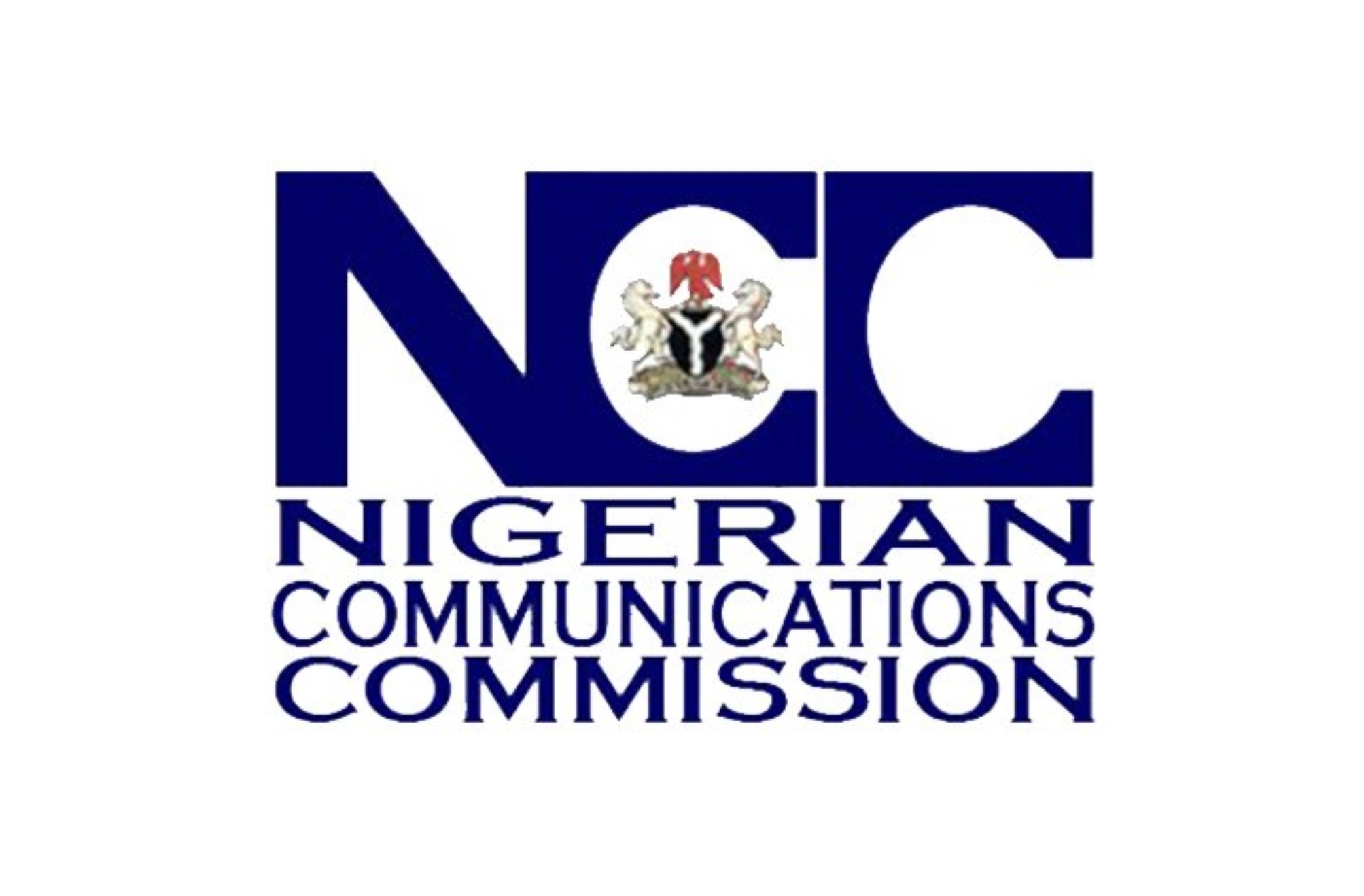Business
NCC Seeks Synergy To Unlock Opportunities Through 5G

The Nigerian Communications Commission (NCC) has urged stakeholders in the telecom industry to synergise in order to tap from the opportunities that the deployment of the Fifth Generation (5G) will expose the economy to.
Such areas include emerging International Mobile Telecommunications (IMT) technologies.
Chief Executive Officer of the NCC, Prof Garba Dambatta, said unlike the previous generations of mobile networks, the 5G technology is expected to transform the role that telecoms technology plays in society.
According to him, “5G is certainly expected to enable further economic growth and pervasive digitalisation of a hyper-connected society, in which not only are people connected to the network whenever needed, but also many other devices/things, thus, creating a smart society with almost everything connected (that is Internet of Everything).
“5G technology will also enhance mobile broadband with very low latency and consequently enable new use cases such as Virtual Reality, Augmented Reality, Quantum Computing, Smart City initiatives and Mission Critical Operations amongst others,” he said.
Speaking at a Digital Sense Forum in Lagos, he said “the realisation of the full potential of this promising technology comes with vast socio-economic benefits and responsibility.
“Therefore, to drive these benefits, there is a need for vigorous collaboration between government and non-government actors to ensure the development of focused policies, robust regulatory framework and build-out resilient networks”.
He identified the stakeholders for the synergy to include government (policy makers national regulatory authorities (regulators), mobile network operators (MNOs), consumers and industry based organisations.
These stakeholders, he explained, play a critical role in unlocking the vast potential of 5G, and that this potential can be achieved by collaboration and partnership with various stakeholders in the telecoms industry ecosystem, while ensuring the provision of robust government policies and excellent regulatory framework being implemented.
Dambatta said within any administration, government is required to put in place excellent policies that would foster innovation and development.
“As policymakers, the government should also consider to undertake its own independent economic and social assessment and viability of deploying new technologies (such as 5G in this case) with a view to providing a clear regulatory direction that will enable all relevant stakeholders including the network operators to make informed decisions that will ensure the deployment of these technologies in a manner that is most beneficial to the nation and its citizens,” he said.
According to him, the government has already developed some policy documents such as the Nigerian Digital Economy Policy and Strategy (NDEPS 2020 – 2030) which aims to accelerate the National Digital Economy for a Digital Nigeria.
The objectives of this document, he explained further, among others, include; developmental regulation, Digital Literacy and Skills, Solid Infrastructure, Digital Service Development and Promotion, and Digital Society and Emerging Technologies.
Meanwhile, Government has also developed a Nigerian National Broadband Plan (NNBP 2020 – 2025) which has a target to deliver data download speeds across Nigeria of a minimum of 25Mbps in urban areas, and 10Mbps in rural areas, with effective coverage available to at least 90per cent of the population by 2025 at a price not more than N390 per 1GB of data (that is two per cent of median income or one per cent of minimum wage).
In order to achieve these ambitious targets, the plan, he continued, is focused on four critical pillars.
The pillars are: “infrastructure, policy, funding and incentives. Similarly, a National Policy on 5G Networks for Nigeria’s Digital Economy was developed to address the provision of the required Spectrum and the enabling environment to ensure full deployment of 5G technology to effectively cover major urban areas by 2025; and to ensure the security of the 5G ecosystem as well as the protection of data amongst many others”.

